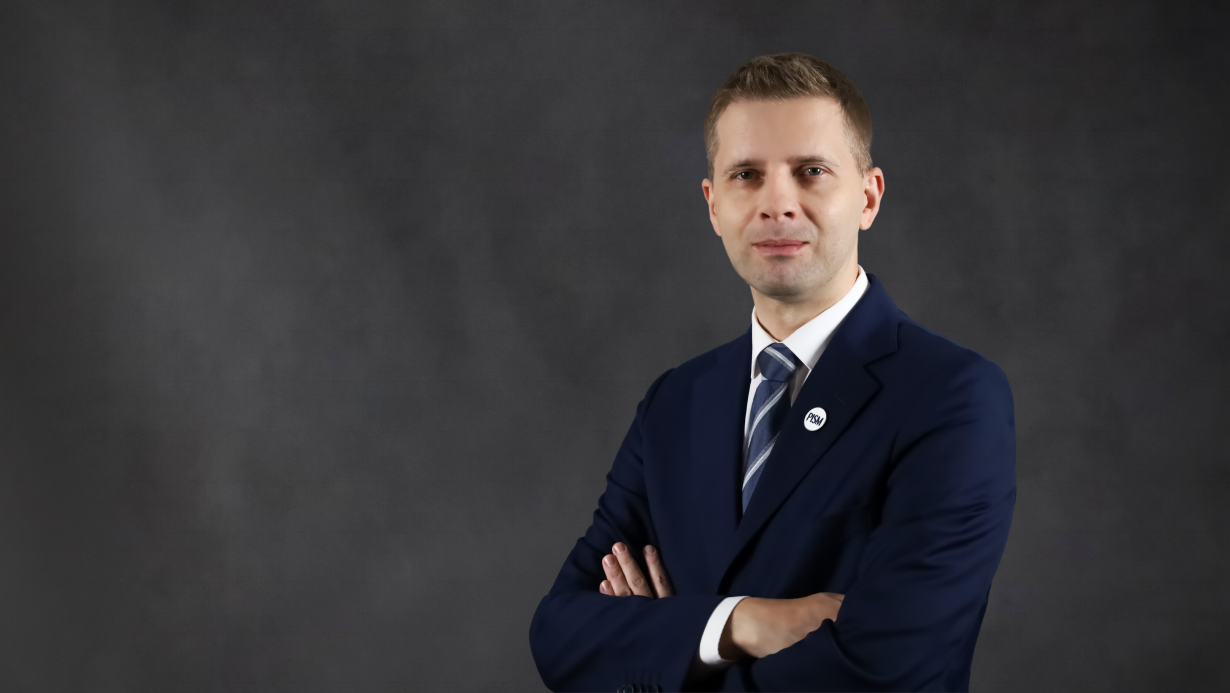
Who were the presidential candidates?
The second round saw Duque contending with Gustavo Petro. Duque had been an opposition senator since 2014 and previously spent more than a decade in Washington D.C., including with the Inter-American Development Bank. He represented the conservative Democratic Centre (CD) and enjoyed the endorsement of two former Colombian presidents, Andrés Pastrana (1998–2002) and Álvaro Uribe (2002–2010). Duque has been close to Uribe, leader of the CD and the main critic of the peace accord struck by the Santos government with FARC in September 2016. Petro is a former mayor of Bogota and represents the left. He entered the second round thanks to votes mainly from the poor and younger citizens. His past as an M-19 guerrilla and endorsement of Hugo Chávez were the main sources of criticism of him.
What does Duque’s victory mean?
Duque had been the frontrunner in the elections. His popularity comes from Uribe’s endorsement, which at the same time, caused some to question his autonomy as president. Duque’s success in much part results from a negative assessment of Santos’ government, e.g., a corruption scandal (related to the Brazilian construction company Odebrecht), rising unemployment, and disappointment with the conditions and results of the peace process. Significantly, presidential candidates linked to Santos failed to enter the second round: Germán Vargas Lleras (the country’s vice-president until recently) and Humberto de la Calle (government’s chief negotiator of the accord with FARC). Petro’s entry into the second round was a significant gain for the left, though he struggled to attract enough voters from those who had endorsed his rivals in the first round.
What will be the main challenges for the new president?
Duque’s tenure will begin in a moment of significant polarisation of society, not only over the peace process but also the country’s socio-economic development. Colombia is one of the most stable Latin American economies but also has one of the highest income-inequality levels. Understandingly, Duque’s ideas to boost Colombia’s economic attractiveness come with calls to improve the quality of its health and education system, as well as the fight against corruption and urban safety. An alarming problem is the rise in the illegal cultivation and production of narcotics as other armed groups have replaced FARC, which used to control and derive income from these activities. Another significant factor is that Colombia has become the main destination for Venezuelans fleeing their crisis-struck country.
What does Duque’s victory mean for Colombia’s peace process?
The victor has declared he wants to revise the peace accord with FARC and tighten conditions on the ongoing negotiations with ELN. Nevertheless, he will be limited in such attempts. Santos’ government implemented legal safeguards that block any major change to the peace deal for the next three government terms. It similarly made significant efforts to internationalise the peace process by engaging other Latin American countries and partners such as the U.S., the EU, and the UN. Duque will have to balance the international expectations to continue the peace process with the demands from Uribe to revise the agreement and negotiations. If Duque succeeds in making the rules on amnesty and political participation harder for the former guerrilla members, paradoxically he may help improve the credibility and social legitimacy of the peace process.
What changes can be expected in Colombia’s foreign policy?
Duque’s government will continue to enhance Colombia’s economic attractiveness as part of the Pacific Alliance and thanks to its membership in the OECD since May. It will seek closer cooperation with the U.S. in such areas as counter-narcotics efforts and the development of areas previously affected by the internal conflict. Colombia’s status as a NATO global partner, formalised in June, will help it foster relations with the members of the Alliance. Duque’s criticism of the situation in Venezuela will likely translate into a closer dialogue with countries putting pressure on Venezuelan President Nicolás Maduro to restore democratic rule. Finally, Colombia’s peace process will remain an important element in shaping its international position, so it is doubtful Duque will give up on it.






